"My Hair Got Caught and My Scalp Was Torn, Hashem Saved Me From Cruel Death"
Agricultural worker Revital Boraya Pink received a gift of life when she survived a work accident. Since then, she has experienced a journey of getting closer to Judaism. "I'm not asking questions or searching for answers, rather putting my trust in the Creator of the world," she explains. What does life look like for an observant farmer?
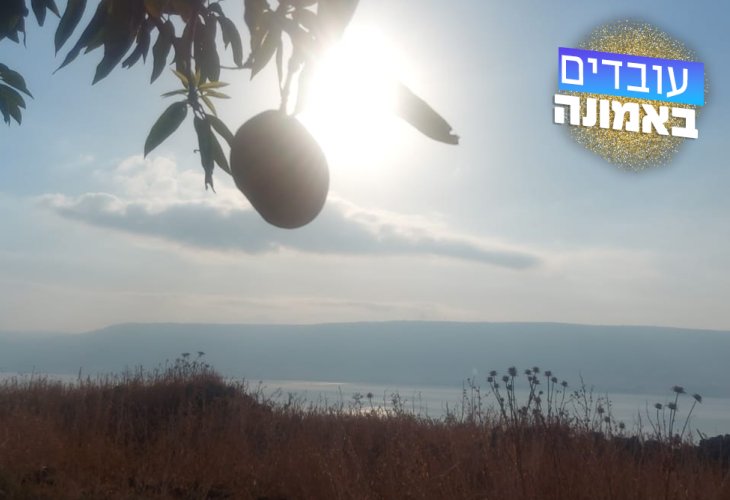
Some may call it a severe work accident, but in the eyes of farmer Revital Boraya Pink, it was nothing less than her ticket to Judaism, and she wouldn't exchange it for all the wealth in the world. Precisely at the moments when she almost lost her life, a spark ignited within her, and since then she has only gotten closer and closer.
She is a farmer. For decades, she has been in this field and lovingly accompanies every tree or bush growing in the orchard. Revital mainly focuses on growing mango trees in the Kinneret settlement near Tiberias.
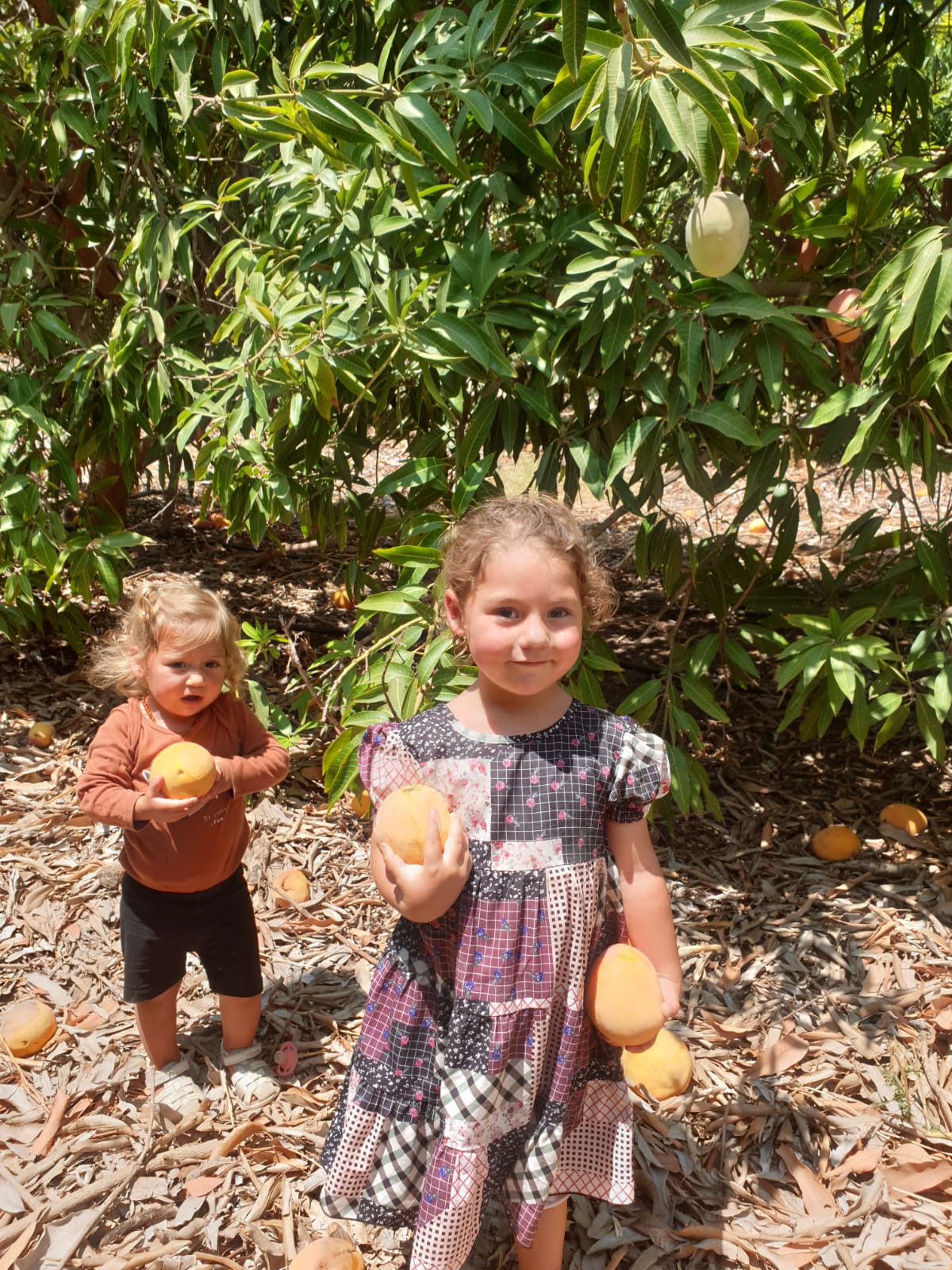
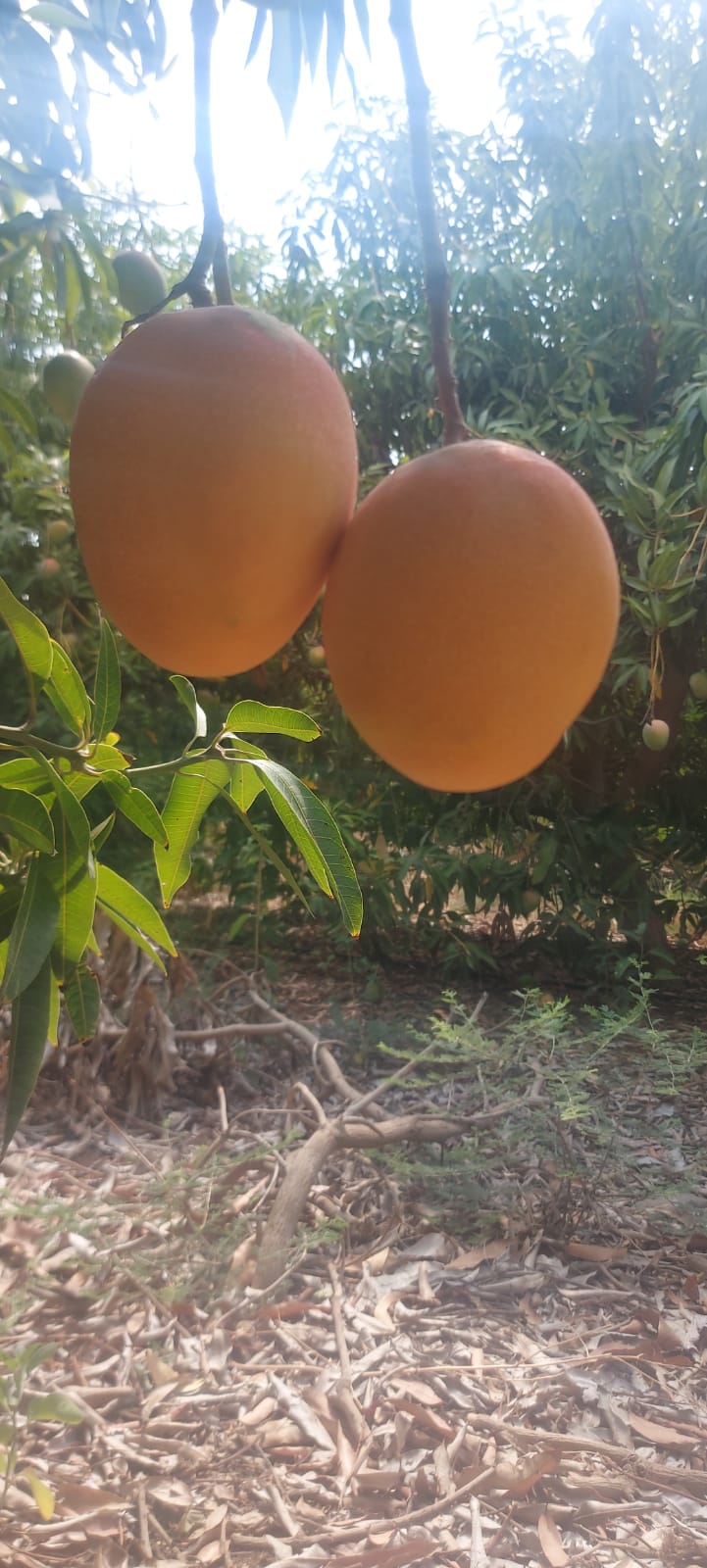
About five years ago, she came to another ordinary and routine workday, engaged in sorting fruits and stood very close to the sorting machine. Suddenly, her long hair got caught in the machine, trapped and pulled with full force. The hair was pulled more and more, creating deep tears in the scalp. With her last bit of strength, Revital managed to reach the off button with her fingertips and turn off the machine. Her life was saved. She was evacuated to the hospital and released with a bandaged head and a diagnosis of a tear in the left eye, but with deep gratitude. "I understood that Hashem gave me life as a gift and saved me from a cruel death," she says emotionally. "From that moment, it was clear to me that I had to do something to thank Him and, essentially, to justify my existence in the world."
Seeing Miracles
Revital began to get closer to Judaism - step by step, slowly and consistently. "One day, I happened to reach the grave of Choni HaMe'agel in Hatzor HaGlilit," she recalls, "I didn't really know what was customary to do there, but someone gave me a siddur, and suddenly, I found myself praying and asking the Creator of the world to help me continue getting closer to Him. It was another stage in strengthening and my connection with Hashem."
Then, after about two years since her life was saved, she found herself witnessing another miracle. She recounts in a choked voice: "It was precisely on the seventh night of Chanukah, a fire broke out in our home because of a wood stove that was in the living room. We weren't there at the time, and the fire investigator told us later that it was a matter of minutes before the whole house would have gone up in flames, but something stopped the fire."
Revital explains: "It was an old rental apartment. Next to the wood stove was a water pipe, part of a plumbing system the apartment owner didn’t maintain, and this was precisely the big miracle. Because the moment the fire broke out, it melted the plastic on the water pipe, and the water flooded the whole house and apparently extinguished the fire. It was amazing and truly incomprehensible divine providence. Right after that, I read that the seventh night of Chanukah signifies that we should accept Shabbat. I decided that I would really implement this, and that's how I started accepting Shabbat."
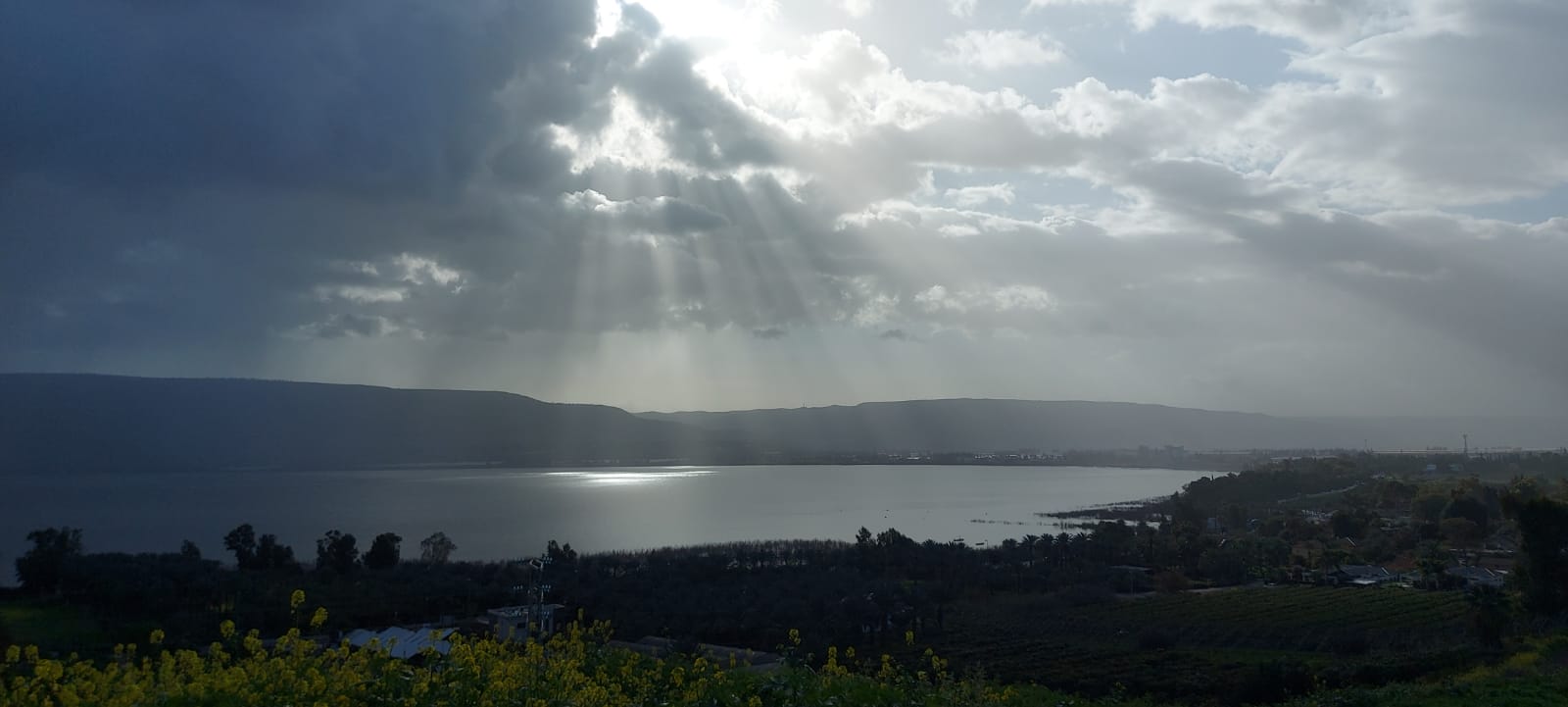
As a farmer, it was a really challenging task. "The plants need you throughout the week," she explains, "I have about 1,000 mango trees in the orchard, and I've always been used to taking care of them daily. But once I decided to keep Shabbat, I also informed my foreign workers that we no longer work on Shabbat, because they deserve rest too. This decision challenges us every week because it’s not just about not working but also about completely disconnecting from what’s happening in the orchard. For instance, sometimes the marketing truck arrives to pick up the produce right before the end of Shabbat. The natural thing is for me to let one of the non-Jewish workers load the goods. But for me, Shabbat is Shabbat; there's no way I'll deal with marketing the fruits until it ends."
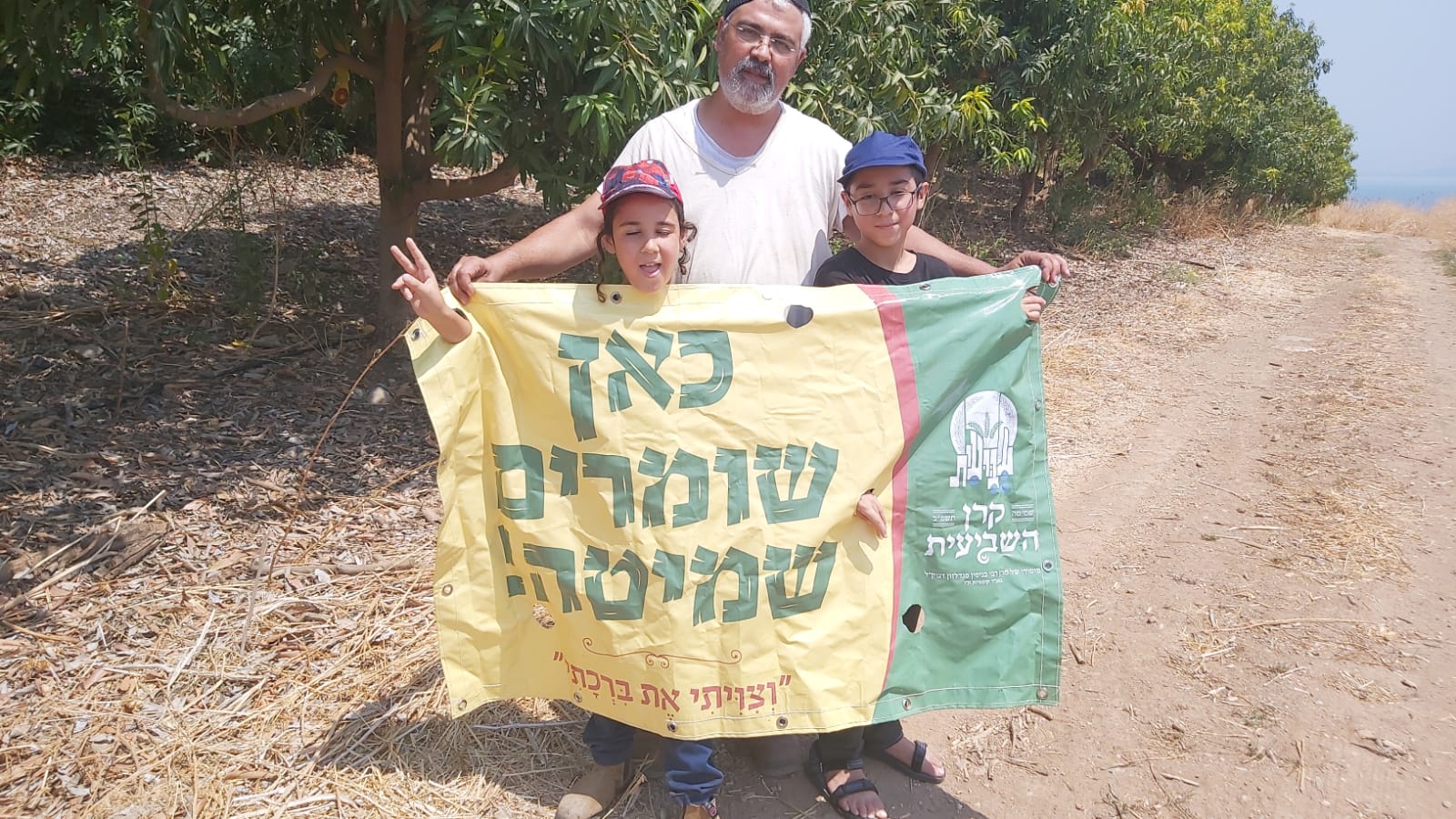
And doesn't it bother you having to make these sacrifices? Surely there are losses...
"To tell you the truth, I don't even think about it in terms of 'sacrifice,' because it’s clear to me that I only gain, and in this case, you can see the gain immediately. Because this rest is so important for all of us. The harvest season is intense and requires the farmer to spend long hours in the field and endless work both physically and mentally. So it's just good that we have this rest."
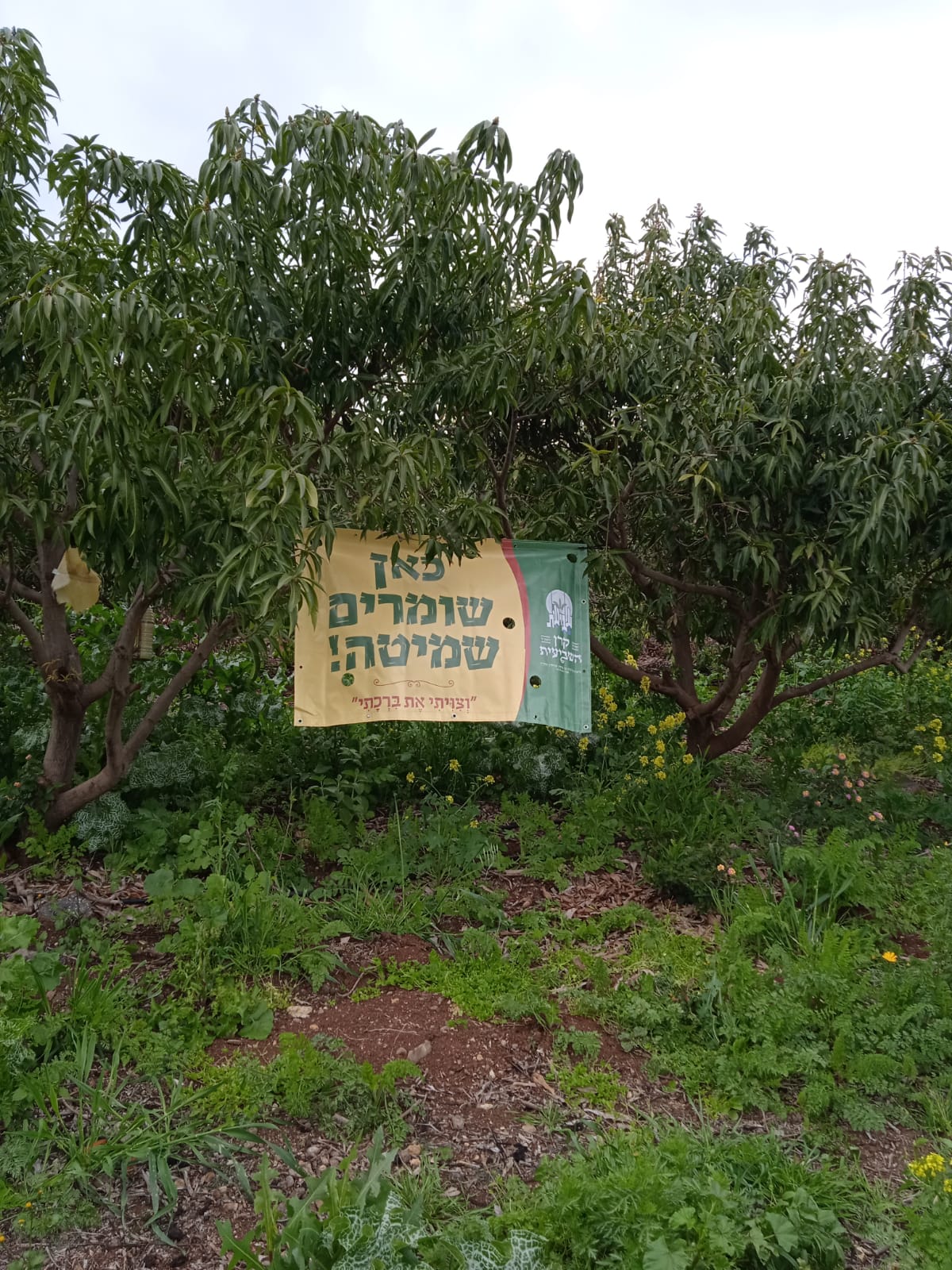
Simply Believe and Trust
The process of getting closer to the Creator of the world is what also led Revital last year to decide to observe the shemitah for the first time in her life. "I knew it would involve a lot of difficulties and that the mango trees might get damaged, perhaps even irreparably," she notes, "but as a ba'alat teshuva, I had a strong desire to experience the shemitah. I knew I wanted it, and so I entered the process."
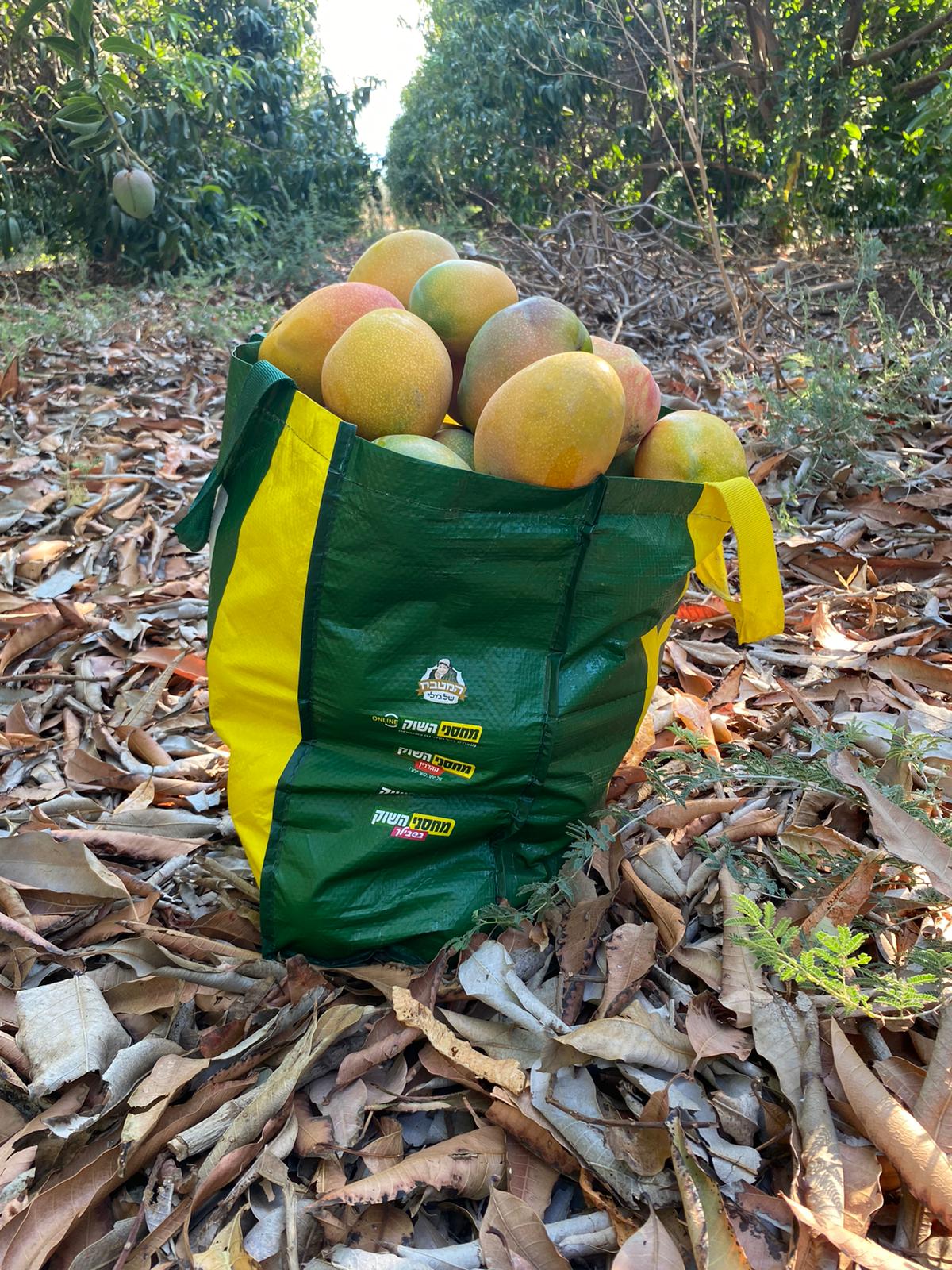
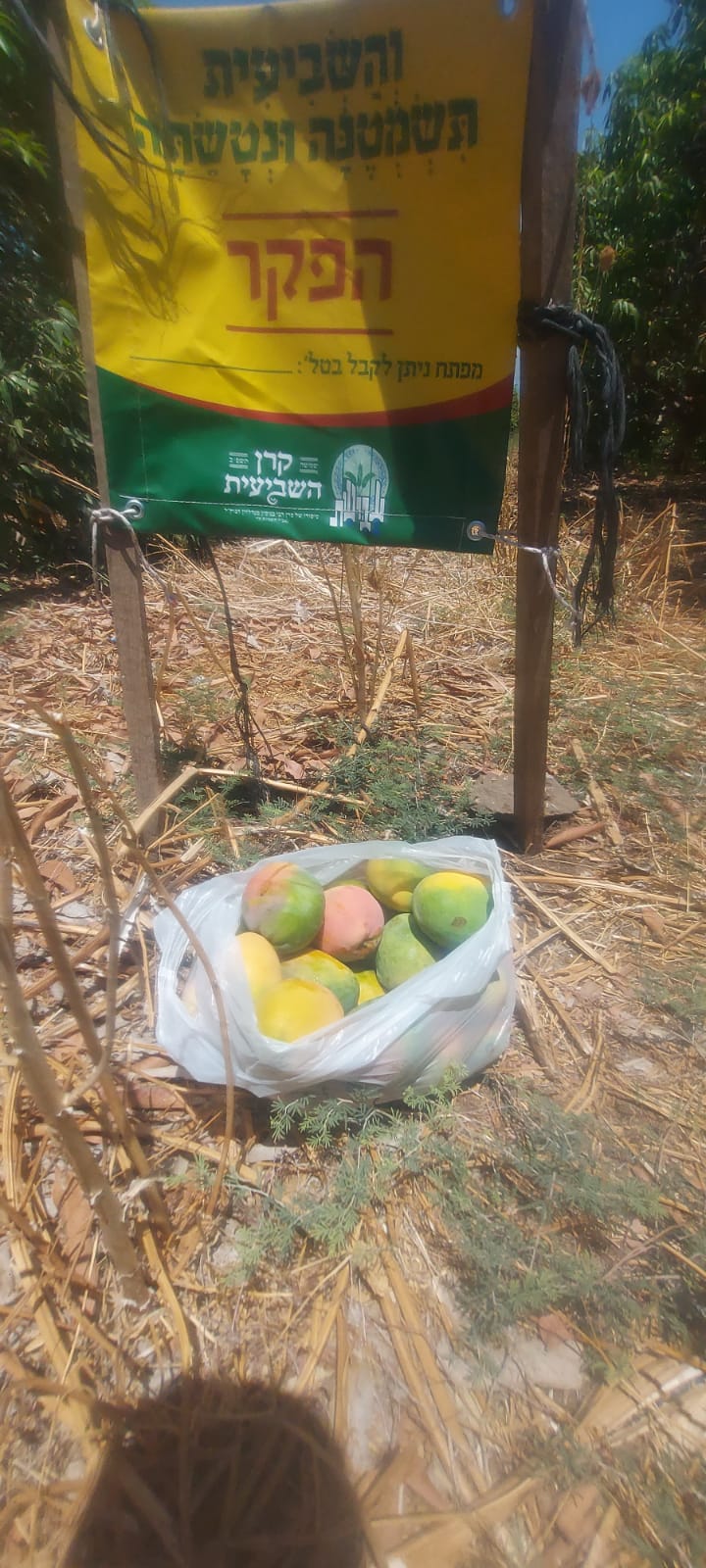
It wasn't easy at all, because as the days went by, it became clear to her that in the shemitah year, you can't do almost anything in the orchard. "At first, I’d come to the orchard and feel a kind of pain. Then I taught myself to put my trust in Hashem and simply observe closely how He takes responsibility for His orchard, and it was truly amazing, because the trees weren't damaged at all. They grew magnificently, without human intervention, and I truly felt that Hashem Himself was taking care of them. For example, when winter came, many wild plants appeared, which could harm the trees. My daughter happened to be in the orchard at that time, and the two of us wondered aloud how we would get through this stage. Suddenly, while we were talking, a herd of cattle broke into the orchard and mowed down all the wild plants. They did a perfect job, while my daughter and I watched and were simply trembling with excitement. We realized how everything happened under the providence of Hashem."
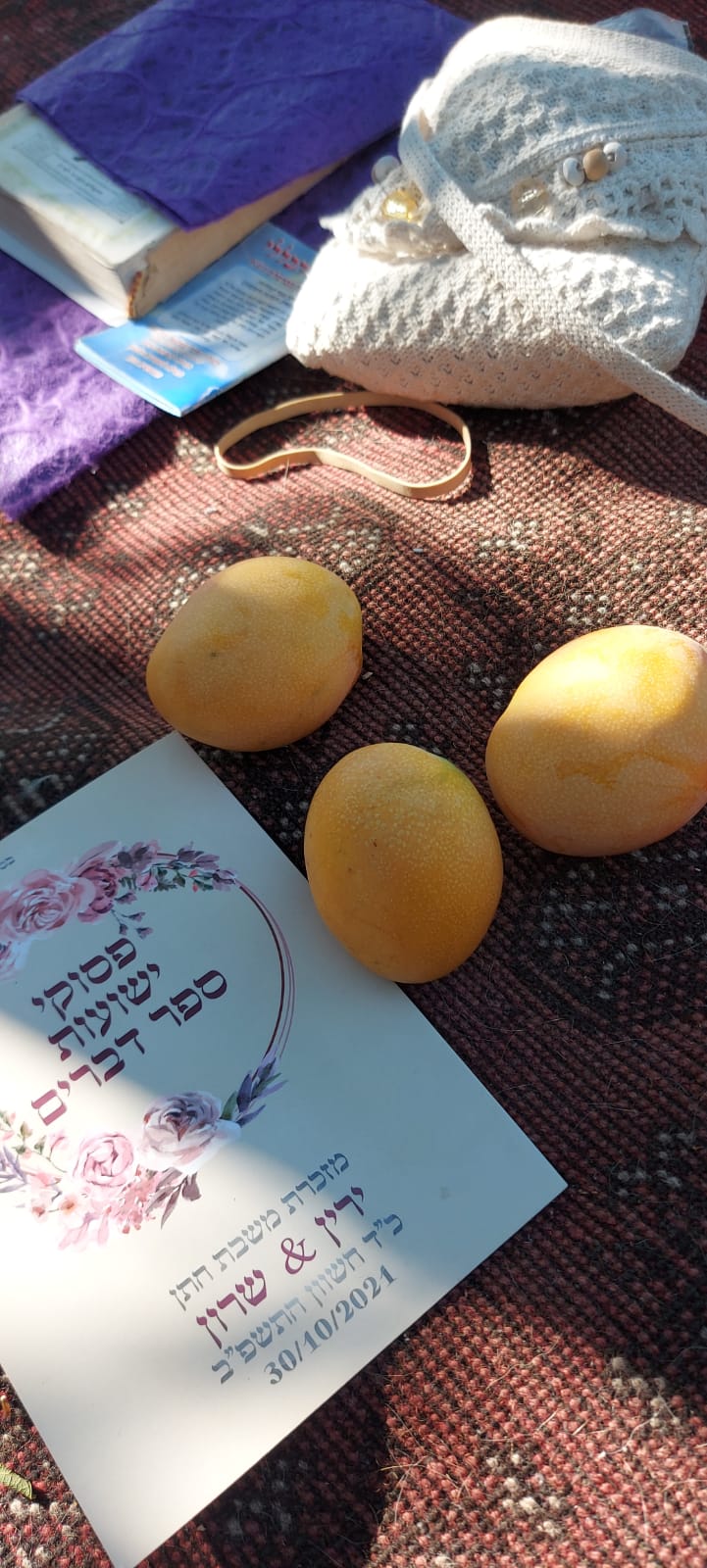
At the beginning of this year, she returned to work after the shemitah year, and already she found herself facing a renewed challenge. "Early winter is always a time of tension for farmers," she explains, "No one can promise us there will be a rainy winter, and even if there is rain, you can never know if it will fall in the needed amounts and if it will be beneficial. Because sometimes, rainy conditions also come with a cold snap that could harm the crops severely. "But thanks to where I've come to in terms of my religious development, I no longer worry," she explains. "Everything is clearer to me now, and I understand that my role is not to ask questions or seek answers but to simply trust the Creator of the world. The shemitah year taught me that Hashem takes care of us all and also reminded me of what we really have to do in our daily lives – just believe and trust."

